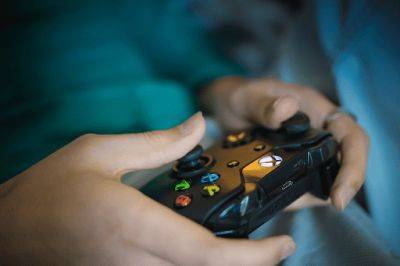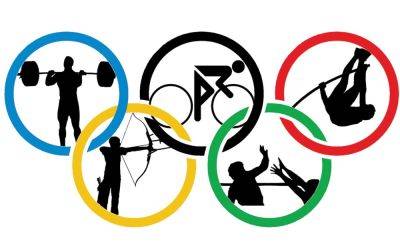How Nigeria can leverage tertiary institutions’ untapped talents
At the last Olympic Games in Paris, France, over 1,000 former, current, and incoming student-athletes represented the National Collegiate Athletics Association’s schools (NCAA) in 100 countries, and 272 won 330 medals for 26 countries. The United States, a global model in collegiate sports, which finished in the first position with 126 medals, got over 70 per cent of medals through collegiate sportsmen and women. Nigeria, a serial underperformer returned home empty-handed despite being home to 274 universities, 179 registered polytechnics, 205 accredited colleges of education, etc. As always, political leaders and sports administrators are again promising heaven on earth, stressing that Nigeria will never again return empty-handed from the Olympic Games. But ENO-ABASI SUNDAY writes that beyond the Federal Government’s declaration, empirical evidence confirms that paying lip service to sports development will always return similar results and that the giant in Nigeria can be awoken by turning tertiary institutions into breeding grounds for Olympic champions, a foundational base for future athletes, and a vital feeder system for professional sports.
Retired United States Army, Major Patrick Seun Robert, captained Ibadan Grammar School to lift Oyo State’s Principal Cup in 1985. The retired football defender thereafter led the erstwhile Oyo State Academicals to the National Sports Festival, which was held in Ilorin, Kwara State in the same year.
The military veteran, who was also a member of the Flying Eagles squad that won a silver medal at the ECOWAS competition in 1988, also told The Guardian that he laced his boots for the 3SC between 1987 and 1990. It was within this period that he also got call-ups to the Flying






